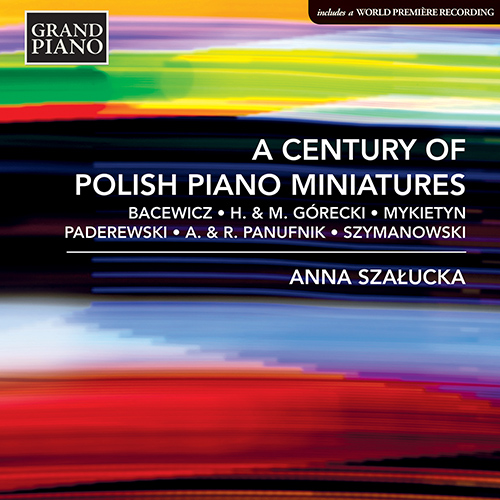
About this Release
“‘A century of Polish Piano Miniatures' summarizes years of work and research just as Poland comes to its 100th anniversary of independence. My goal was to explore and present to the audience the real jewels of Polish piano literature from the post-Chopin era. Every piece covers a historically significant moment taking the listener on a fascinating journey through wars, conflicts and victories. Leaving Poland myself over five years ago it was very important for me to see how the new generation of composers take over both inside and (mostly) outside the country. It was also crucial for me to include works written by female composers. I am pleased to share this music with a wider international audience.” — Anna Szałucka
A CENTURY OF POLISH PIANO MINIATURES
Bacewicz • H. and M. Górecki • Paderewski • Szymanowski
- Anna Szałucka, piano
‘A Century of Polish Piano Miniatures’ takes us on a fascinating journey through a golden era in Polish music, from the great patriot Paderewski via Szymanowski, Bacewicz and Górecki, to present-day composers. This essential collection coincides with Poland’s centenary of independence in 2018 with each work representing significant moments in the country’s musical and political history. It pays tribute to the bravery of composers who stood up for freedom in art and culture during times of great political turmoil.
This recording was made on a modern instrument: Steinway, Model D
Tracklist
|
Paderewski, Ignacy Jan
|
|
Humoresques de concert, Op. 14 (1887) (00:05:00 )
|
|
1
No. 1. Menuet (00:04:12)
|
|
2
No. 2. Sarabande (00:03:43)
|
|
3
No. 3. Caprice (00:02:42)
|
|
Szymanowski, Karol
|
|
20 Mazurkas, Op. 50 (1926) (00:19:00 )
|
|
4
No. 1. Sostenuto. Molto rubato (00:02:28)
|
|
5
No. 2. Allegramente. Poco vivace (00:02:36)
|
|
6
No. 3. Moderato (00:02:52)
|
|
7
No. 4. Allegramente, risoluto (00:02:28)
|
|
Bacewicz, Grażyna
|
|
Piano Sonata No. 2 (1953) (00:18:00 )
|
|
8
I. Maestoso (00:06:13)
|
|
9
II. Largo (00:06:49)
|
|
10
III. Toccata (00:03:36)
|
|
Górecki, Henryk Mikołaj
|
|
11
Intermezzo (1990) (00:02:37)
|
|
Mykietyn, Paweł
|
|
4 Preludia (1992) (00:11:00 )
|
|
12
No. 1. quarter note = ca 80 (00:02:51)
|
|
13
No. 2. quarter note = ca 48 (00:01:43)
|
|
14
No. 3. quarter note = ca 114 (00:03:02)
|
|
15
No. 4. Prestissimo possibile, quarter note = ca 100 (00:03:37)
|
|
Górecki, Mikołaj
|
|
16
Piano Sonata (2010) * (00:07:12)
|
|
Panufnik, Andrzej
|
|
17
Modlitwa (Prayer) (arr. R. Panufnik for piano) (1990) (00:05:37)
|
The Artist(s)
 Anna Szalucka is an exciting multi-award-winning Polish pianist recognised for her exceptional musicality and intense virtuosity. She completed the bachelor’s degree at the Stanislaw Moniuszko Academy of Music in Gdansk studying with Waldemar Wojtal. She then continued her studies at the Universität für Musik und Darstellende Kunst, Vienna in the piano class of Stefan Vladar and later on at the Royal Academy of Music in London under the supervision of Ian Fountain where she held the Hodgson Piano Fellowship in the years 2017–18.
Anna Szalucka is an exciting multi-award-winning Polish pianist recognised for her exceptional musicality and intense virtuosity. She completed the bachelor’s degree at the Stanislaw Moniuszko Academy of Music in Gdansk studying with Waldemar Wojtal. She then continued her studies at the Universität für Musik und Darstellende Kunst, Vienna in the piano class of Stefan Vladar and later on at the Royal Academy of Music in London under the supervision of Ian Fountain where she held the Hodgson Piano Fellowship in the years 2017–18. The Composer(s)
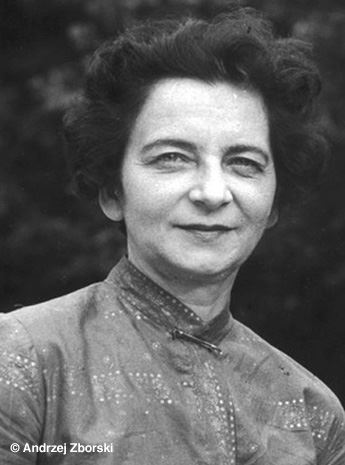 Grazyna Bacewicz played a leading role in bringing Polish music into the twentieth-century mainstream and onto the international concert stage, as both a composer and a concertizing violinist. Following in the footsteps of Szymanowski, Bacewicz and her peers kept their roots in native Polish folksong while exploring and welcoming the possibilities offered by the invigorating trends of modernism.
Grazyna Bacewicz played a leading role in bringing Polish music into the twentieth-century mainstream and onto the international concert stage, as both a composer and a concertizing violinist. Following in the footsteps of Szymanowski, Bacewicz and her peers kept their roots in native Polish folksong while exploring and welcoming the possibilities offered by the invigorating trends of modernism. 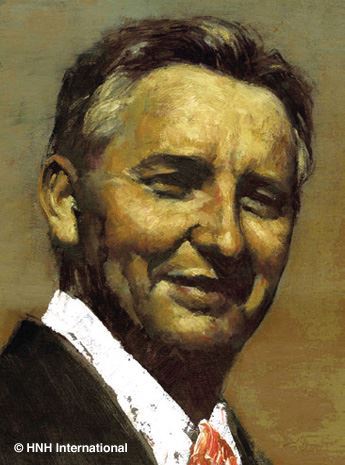 The Polish composer Henryk Mikolaj Górecki was born on 6 December 1933 in Czernica, Silesia. He studied music at the high school of music in Katowice (now the Academy of Music). In 1960 he graduated with distinction from the class of the composer Boleslaw Szabelski (author of five symphonies), who had been taught by Karol Szymanowski. Górecki had his début concert as a composer in 1958 in Katowice, which led to performances of his works in the next editions of the “Warsaw Autumn” International Festival of Contemporary Music (including Symphony No 1 “1959” in 1959 and Scontri in 1960). Shortly afterwards he gained his first significant international success as a composer, winning first prize at the 1961 Biennial Festival of Youth in Paris with his Symphony No 1.
The Polish composer Henryk Mikolaj Górecki was born on 6 December 1933 in Czernica, Silesia. He studied music at the high school of music in Katowice (now the Academy of Music). In 1960 he graduated with distinction from the class of the composer Boleslaw Szabelski (author of five symphonies), who had been taught by Karol Szymanowski. Górecki had his début concert as a composer in 1958 in Katowice, which led to performances of his works in the next editions of the “Warsaw Autumn” International Festival of Contemporary Music (including Symphony No 1 “1959” in 1959 and Scontri in 1960). Shortly afterwards he gained his first significant international success as a composer, winning first prize at the 1961 Biennial Festival of Youth in Paris with his Symphony No 1. 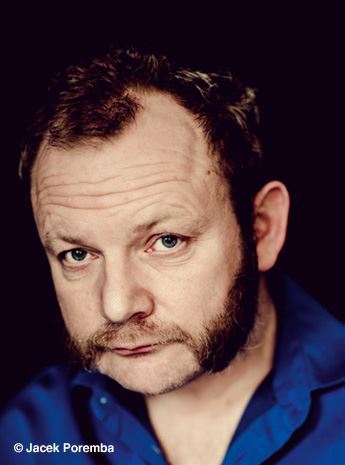 Pawel Mykietyn graduated from the Fryderyk Chopin Music Academy in Warsaw in 1997, although his composition 3 for 13 had already been placed first at the UNESCO International Rostrum of Composers in Paris two years earlier. In 2011 Mykietyn was honoured with the Knight’s Cross of the Order of Polonia Restituta for outstanding achievements in national culture and the international promotion of Polish art.
Pawel Mykietyn graduated from the Fryderyk Chopin Music Academy in Warsaw in 1997, although his composition 3 for 13 had already been placed first at the UNESCO International Rostrum of Composers in Paris two years earlier. In 2011 Mykietyn was honoured with the Knight’s Cross of the Order of Polonia Restituta for outstanding achievements in national culture and the international promotion of Polish art. 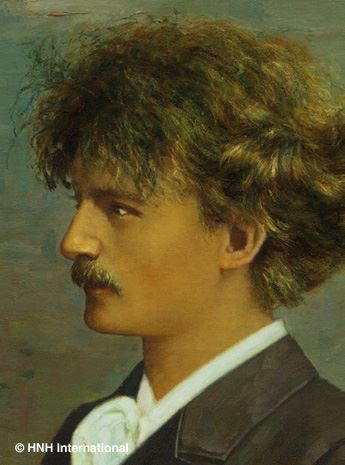 Paderewski, trained in Warsaw, later became a pupil of Leschetizky in Vienna, embarking then on a distinguished international career as a virtuoso pianist. He abandoned his career as a musician for three years, from 1918 to 1921, when he held the positions of Prime Minister and Foreign Minister of Poland, in continuation of his fight for Polish independence. This struggle he had resumed at the time of his death in 1940, during the course of a visit to the United States of America to arouse support for his cause.
Paderewski wrote a number of attractive short pieces for piano in the early years of his career. These include the very well known Mélodie in G flat major, and the Menuet célèbre.
Paderewski, trained in Warsaw, later became a pupil of Leschetizky in Vienna, embarking then on a distinguished international career as a virtuoso pianist. He abandoned his career as a musician for three years, from 1918 to 1921, when he held the positions of Prime Minister and Foreign Minister of Poland, in continuation of his fight for Polish independence. This struggle he had resumed at the time of his death in 1940, during the course of a visit to the United States of America to arouse support for his cause.
Paderewski wrote a number of attractive short pieces for piano in the early years of his career. These include the very well known Mélodie in G flat major, and the Menuet célèbre. 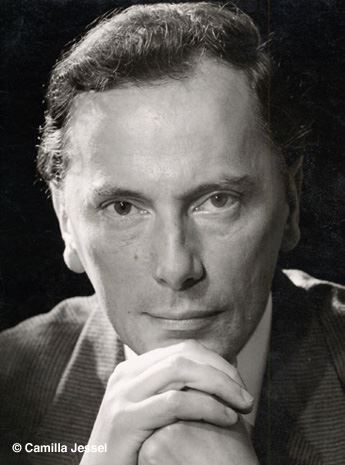 Born in Warsaw, Andrzej Panufnik started to compose aged nine. He graduated from the Warsaw Conservatoire with Distinctions in composition and conducting, increasing his classical repertoire as a favoured pupil of Felix Weingartner at the Vienna Academy, then studying impressionist composers with Philippe Gaubert in Paris, with further music explorations in London. At the outbreak of World War II he returned to Warsaw to look after his parents. In Nazi-occupied Poland, with public concerts banned, he played the piano in “artistic cafés”, collaborating with Witold Lutoslawski, and with his Jewish violinist friend Tadeusz Geisler until the Ghetto was enclosed. Despite the terror on the streets of Warsaw, he also conducted illegal and charity concerts, and composed resistance songs, including the famous Warszawskie Dzieci. During the War he lost most of his closest relatives, and all the compositions of his first 30 years were destroyed in the 1944 Warsaw Uprising.
Born in Warsaw, Andrzej Panufnik started to compose aged nine. He graduated from the Warsaw Conservatoire with Distinctions in composition and conducting, increasing his classical repertoire as a favoured pupil of Felix Weingartner at the Vienna Academy, then studying impressionist composers with Philippe Gaubert in Paris, with further music explorations in London. At the outbreak of World War II he returned to Warsaw to look after his parents. In Nazi-occupied Poland, with public concerts banned, he played the piano in “artistic cafés”, collaborating with Witold Lutoslawski, and with his Jewish violinist friend Tadeusz Geisler until the Ghetto was enclosed. Despite the terror on the streets of Warsaw, he also conducted illegal and charity concerts, and composed resistance songs, including the famous Warszawskie Dzieci. During the War he lost most of his closest relatives, and all the compositions of his first 30 years were destroyed in the 1944 Warsaw Uprising. 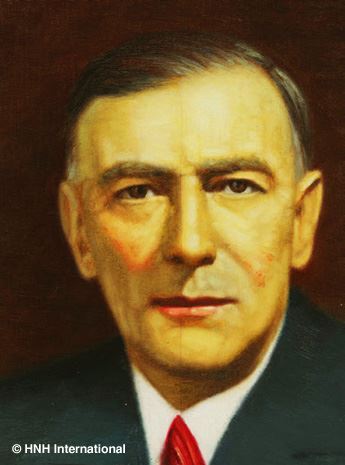 The Polish composer Karol Szymanowski was born in the Ukraine, once part of the kingdom of Poland, but studied in Warsaw; he was much influenced by Chopin and then by Wagner, Richard Strauss, Brahms and Reger. From a well-to-do and cultured family, he read widely, particularly between 1914 and 1917 when he remained on the family estate in the Ukraine (a property then destroyed in the Civil War). The breadth of his cultural knowledge is reflected in his music and in particular in his settings of a variety of literary texts. Musically he is able at times to draw on specifically Polish material, and on his own perceptions of Arabic and Persian culture.
The Polish composer Karol Szymanowski was born in the Ukraine, once part of the kingdom of Poland, but studied in Warsaw; he was much influenced by Chopin and then by Wagner, Richard Strauss, Brahms and Reger. From a well-to-do and cultured family, he read widely, particularly between 1914 and 1917 when he remained on the family estate in the Ukraine (a property then destroyed in the Civil War). The breadth of his cultural knowledge is reflected in his music and in particular in his settings of a variety of literary texts. Musically he is able at times to draw on specifically Polish material, and on his own perceptions of Arabic and Persian culture. Reviews
“Impressive playing and an interesting album as well, nicely pitched between easy on the ear and difficult.” – Review Corner

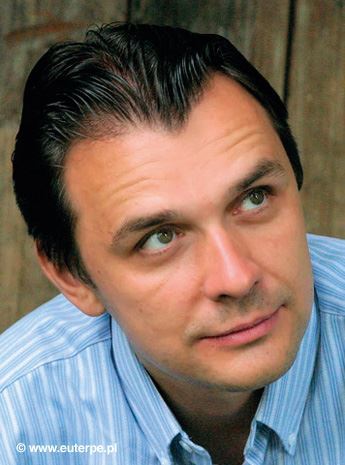
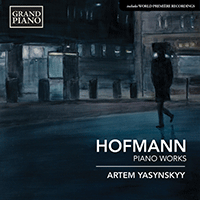
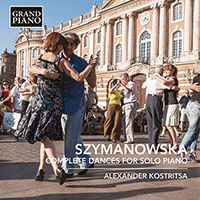

 Grand Piano has gained a reputation for producing high quality recordings of rare keyboard gems. Dedicated to the exploration of undiscovered piano repertoire, the label specialises in complete cycles of piano works by many lesser-known composers, whose output might otherwise have remained unknown and unrecorded.
Grand Piano has gained a reputation for producing high quality recordings of rare keyboard gems. Dedicated to the exploration of undiscovered piano repertoire, the label specialises in complete cycles of piano works by many lesser-known composers, whose output might otherwise have remained unknown and unrecorded.






